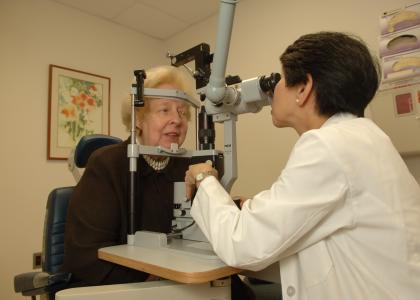Asian
Testing Scalable, Single-Session Interventions for Adolescent Depression In the Context of COVID-19

This project will integrate machine learning approaches and large-scale SSI research to rapidly test potent, accessible strategies for reducing adolescent major depression during COVID-19.
Telehealth 2.0: Evaluating Effectiveness and Engagement Strategies for Asynchronous Texting-based Trauma Focused Therapy for PTSD

Digital mental health (DMH) interventions for PTSD address well-documented barriers to traditional in-person psychotherapy or telehealth delivery of evidence-based treatments (EBTs) for PTSD, but many consumers do not remain engaged. Thus, acceptable, efficient, and engaging forms of EBTs are sorely needed.
COVID-19 Mitigation Efforts and Disparities in Access to Routine Preventive Care and Chronic Disease Management

There is a large and growing literature quantifying disparities in outcomes related to COVID-19, but less is known about how the pandemic has affected access to care as well as associated health outcomes among vulnerable populations.
States' COVID-19 Mitigation Policies and Psychological Health, Drug Overdose, and Suicide among U.S. Adults

The overarching objective of this project is to rigorously assess how state-level COVID-19 mitigation policies have affected psychological health and related mortality from drug overdose and suicide among working age and older adults.
Unequal Parenthoods: Population Perspectives on Gender, Race and Sexual Minority Disparities in Family Stress and Health During Crises

This project aims to identify mechanisms underlying gender, racial and ethnic minority, and sexual minority disparities in parenting stress and parental well-being during COVID and this period of intense racial trauma.
Assessing the Effectiveness of a Digital Platform to Support the Mental Health of Healthcare Workers in the Response and Recovery Phases of COVID-19

There is a critical need to develop and test scalable digital approaches which can identify, address and support the well-being of healthcare workers (HCW) over time and beyond the pandemic.
Increasing Peer Support for OUD Recovery during COVID-19 through Digital Health: A National Randomized Controlled Trial

This project uses a randomized controlled trial of a novel mobile peer support app platform among a national sample of 1300 patients in recovery from opioid use disorders (OUDs), as an adjunct to usual care, during COVID-19.
Leveraging Maps and Computer Vision to Support Indoor Navigation for Blind Travelers

COVID-19 has made traveling as a blind or visually impaired person much riskier and more difficult than before the pandemic. As a result, people with visual impairments may limit their essential travel such as trips to the doctor’s office, the pharmacy and grocery shopping and walks for exercise or leisure.
Facilitating Sustainment Through Implementation Feedback: The SIC Coaching Model

The overarching goal of the parent grant is to test the impact of an empirically derived implementation strategy—under real-world conditions and across youth public service systems—on successful adoption and sustainment of evidence-based substance use programs.
Urgent Revision to Creating Peace: Community-level Intervention to Reduce Youth Violence

This intervention involves community members and youth leaders assessing child and youth thriving in their neighborhood, using a community-developed Child/Youth Thriving Matrix tool to engage in structured dialogue on neighborhood transformation, racial and gender equity, youth engagement, and organizing for social change.